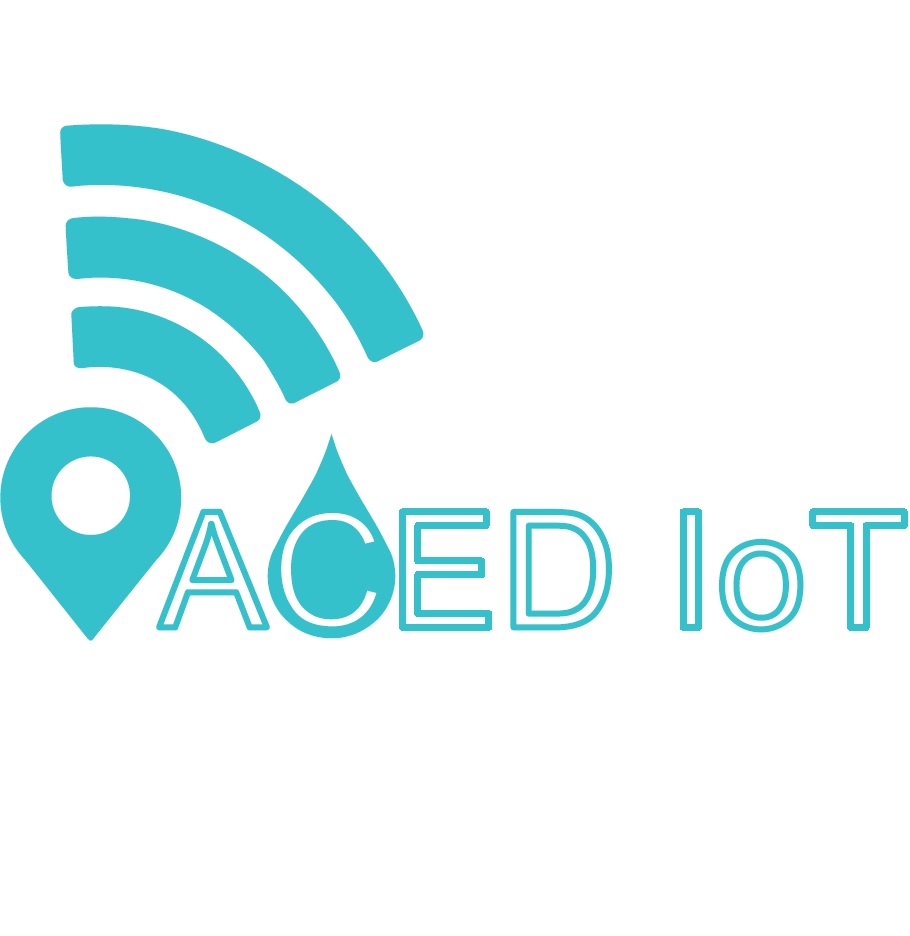 The ongoing growth of urban population coupled with the frequency of extreme weather phenomena all over the world is causing an increase in the exposure of people and goods to natural hazards. This implies a general rise of the risk level. The culture of risk prevention and management is increasingly widespread – also due to the huge media coverage of such phenomena – but cities are complex systems where strict planning is ineffective. Despite the efforts to minimise the risk, emergencies happen all the time: in order to have a good disaster response capacity, the need of an adequate awareness of the present and upcoming situation is clear.
The ongoing growth of urban population coupled with the frequency of extreme weather phenomena all over the world is causing an increase in the exposure of people and goods to natural hazards. This implies a general rise of the risk level. The culture of risk prevention and management is increasingly widespread – also due to the huge media coverage of such phenomena – but cities are complex systems where strict planning is ineffective. Despite the efforts to minimise the risk, emergencies happen all the time: in order to have a good disaster response capacity, the need of an adequate awareness of the present and upcoming situation is clear.
Current trends in emergency management are going in the direction of structured data collection as a tool to improve reaction time and to allow analyses through geoinformation and geostatistics. Such a problem emerged worldwide in huge events (e.g. the Haiti Earthquake in 2010), but the state of the art lacks solutions focused on communication and designed with the aim of satisfying these requirements. The ACED-IoT project tackles this problem. Although we propose a rather general solution, we consider as a reference case study flood emergencies in an urban setting, focusing on the city of Turin. We target the scenario of floods as they are fairly frequent in Italian cities, whilst at the same time being difficult to manage.
Our project is concerned with exchange and availability of real time information among emergency coordinators: our solution is able to help them in analysing data retrieved from various sources and identifying problems in order to react in a timely manner. We focus on both integration and visualisation: we integrate real time data from different sources (e.g. a mobile app handed out to rescuers) and visualise them in a clear and coherent map developed with web technologies, so that it is possible to immediately answer questions such as “which are the most critical areas?” or “where are the rescue teams?”.
Principal Academic Tutor
Elisabetta Di Nitto, Dipartimento di Elettronica, Informazione e Bioingegneria, Politecnico di Milano
Academic Tutor
Danilo Ardagna, Dipartimento di Elettronica, Informazione e Bioingegneria, Politecnico di Milano
Scira Menoni, Dipartimento di Architettura e Studi Urbani, Politecnico di Milano
Giuliana Carello, Dipartimento di Elettronica, Informazione e Bioingegneria, Politecnico di Milano
Piero Boccardo, Dipartimento Interateneo di Scienze, Progetto e Politiche del Territorio and ITHACA, Politecnico di Torino
Maurizio Morisio, Dipartimento di Automatica e Informatica, Politecnico di Torino
Michela Meo, Dipartimento di Elettronica e Telecomunicazioni, Politecnico di Torino
External institutions
Microsoft
STMicroelectronics
Siemens
GoCloud
5T
External tutor
Mario Fontana, Microsoft
Marco Grella, STMicroelectronics
Cosmin-Septimiu Nechifor, Siemens
Vincenzo Gianferrari Pini, GoCloud
Fabrizio Simone Rovati, STMicroelectronics
Rossella Panero, 5T
Team members
Gabriele Brino, Environmental and Land Engineering, Politecnico di Torino [team controller]
Niccolò Dal Santo, Mathematical Engineering, Politecnico di Milano
Paolo Fantini, Civil Engineering, Politecnico di Torino
Stanislava Georgieva, Architecture, Politecnico di MIlano
Eugenio Gianniti, Mathematical Engineering, Politecnico di Milano
Nicolò Macera, Electronic Engineering, Politecnico di Torino
Marcello Pogliani, Computer Science and Engineering, Politecnico di Milano [project communication coordinator]
